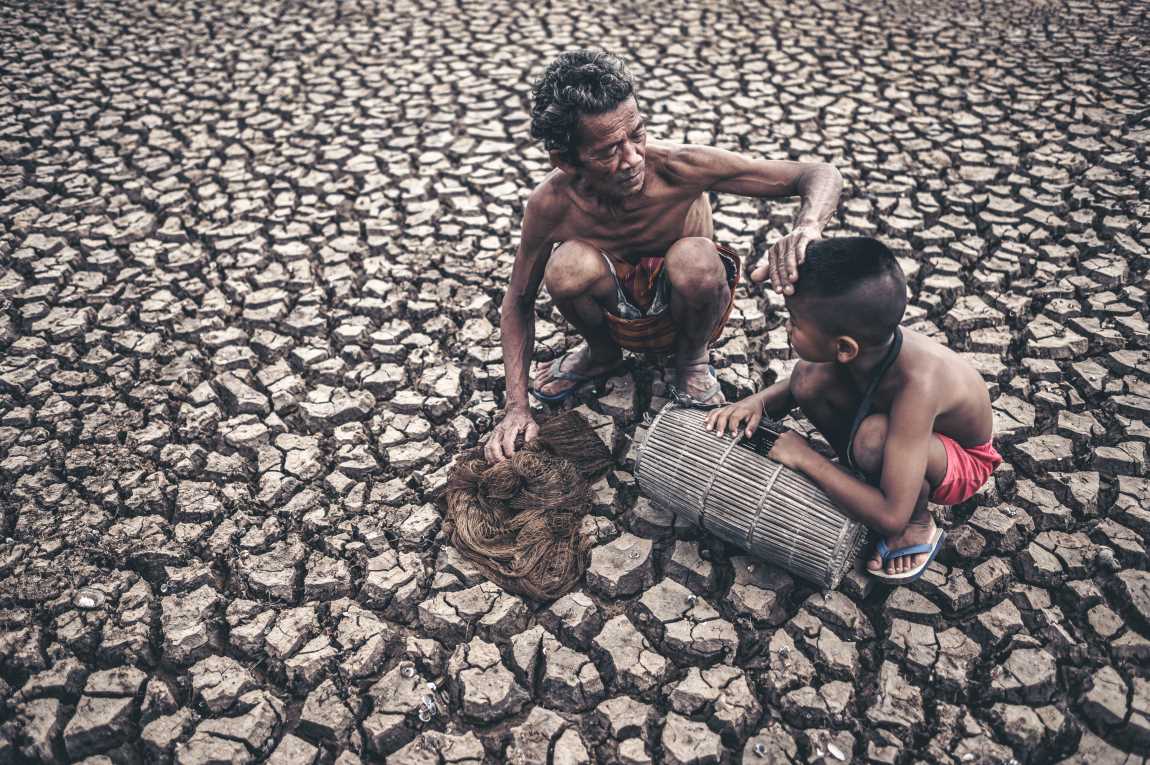By Christophe VOGT | AFP
Geneva, Switzerland – Climate change and conflicts are threatening progress in the fight against infectious diseases like AIDS, tuberculosis and malaria, a group dedicating to eradicating the illnesses warned on Thursday.
The world has managed to shrug off the damaging effects of the Covid-19 pandemic on efforts to tackle other illnesses, said the Geneva-based Global Fund.
But it was still faced with “crises including climate change, conflicts and political turmoil, the erosion of human rights and attacks on gender equality, antimicrobial resistance, and growing debt and economic problems”.
These “put the poorest and the most marginalised people at greater risk of infectious diseases”, the fund said in its annual report.
Global Fund had injected more than five billion dollars in 2023 into the battle against AIDS, tuberculosis and malaria, diseases kill hundreds of thousands of people every year and affect millions more.
Significant progress has been made in the fight against malaria, with vaccine doses available to fight the disease.
But of the fund’s three main target illnesses, it is the one most affected by climate change.
– More mosquitos –
In 2023, the fund distributed 227 million mosquito nets and treated 171 million cases of malaria.
But rising temperatures and severe flooding allow mosquitoes to reach regions where it was previously too cold or too dry and to multiply.
Malaria kills more than 600,000 people every year, 95 percent of them in Africa, according to the World Health Organisation.
Within Africa, children under the age of five account for almost 80 percent of deaths.
The conflicts that are tearing apart the areas where malaria is endemic are also hampering the fight against the disease, the fund’s executive director Peter Sands said.
This is compounded by resistance to certain insecticides and treatments and a fall in the amounts available per head to combat the mosquito-borne scourge.
For all three diseases of the fund’s priority diseases, “climate change represents a profound and rapidly escalating threat”, while Sands argued that “climate migrants are especially vulnerable” to tuberculosis.
Meanwhile widespread conflicts “from Sudan to Ukraine, the Middle East to the Sahel” had affected healthcare with “devastating consequences for the poorest and most vulnerable communities”, the fund said.
vog/sbk/yad
© Agence France-Presse
Featured image credit:




